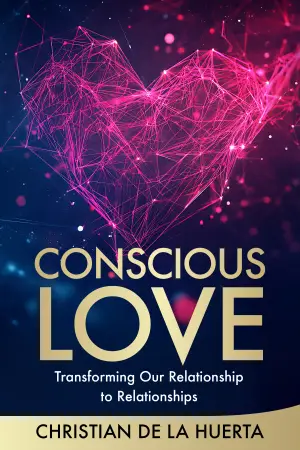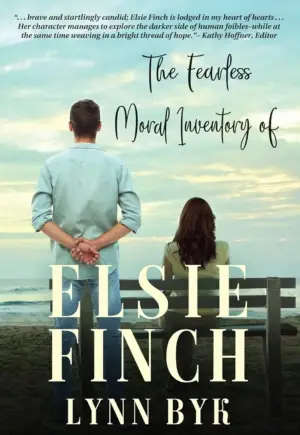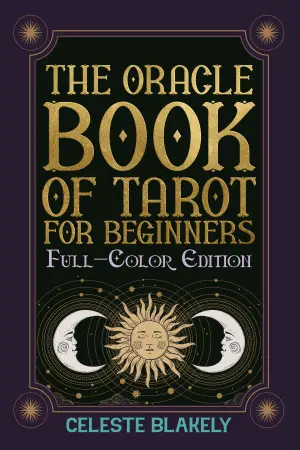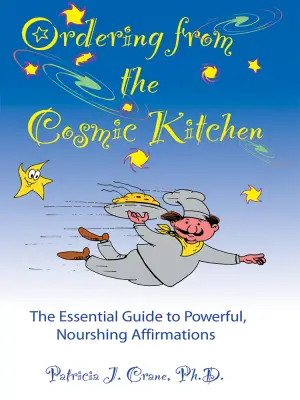A Journey Through Shadows and Light: A Review of When Stars Rain Down
When I first stumbled across When Stars Rain Down by Angela Jackson-Brown, its setting—a small Georgia town in 1936—immediately drew me in. As someone who often resists the call to read about heavy themes like racism, I found myself both intrigued and hesitant. Yet, there was something about the promise of Opal Pruitt’s journey toward womanhood that beckoned me to dive in, albeit with a wary heart.
From the get-go, Jackson-Brown’s writing envelops you, infused with a cadence that feels both fresh and timeless. Opal is portrayed beautifully—a steady heroine in a tumultuous world, grappling with trials that resonate even in today’s landscape. Her strength and compassion stand out as refreshing qualities amidst a genre often populated by less relatable characters. I found myself rooting for her, hoping she would navigate her circumstances with grace, and appreciating the old soul within her.
However, the narrative soon shifted into darker territories, and I found myself conflicted. The first half of the book was enjoyable, characterized by Opal’s steady growth. It’s commendable how Opal navigates relationships with both white and Black communities, offering a unique perspective on race. One moment that particularly resonated with me was her realization that “as the devil rides the highways and the byways tonight, we’ve got a God that sits high and looks low.” It encapsulates a blend of fear and faith, highlighting the book’s exploration of hope amidst adversity.
Yet, as I turned flip after flip—well, figuratively, since I read it on my Kindle—the darkness began to overshadow the light. The weight of Lovenia’s witchcraft plunged the narrative into a territory that felt both unsettling and disappointing. There was a threat of losing the very essence of what I hoped the story would deliver; a message of love, equality, and divine reassurance somehow blurred into confusion and despair.
And here lies a contradiction that left me emotionally drained. While I admire Jackson-Brown’s intent to portray the historical context surrounding Black magic and its cultural implications, the presentation tilted toward romanticizing witchcraft without a counterbalance of moral conviction. Opal’s eventual entanglement with Lovenia felt like a betrayal to her character—a push away from the spiritual integrity that seemed to be her anchor. It left me longing for a narrative arc that might have concluded with hope and redemption rather than ambiguity.
That said, kudos to Jackson-Brown for provoking such raw emotions within me. I felt the heartbreak and the frustration, the longing for a clearer resolution, and the desire for Opal to find not just herself, but God’s love as well. And although I wished for a different ending—one where Opal’s burgeoning romance with Jimmy Earl could have flourished as a beacon of possibility—the bittersweet closure is undeniably memorable.
In conclusion, I’d recommend When Stars Rain Down to readers who are comfortable with discussions around racism and witchcraft, and who are open to different interpretations of race and spirituality. Despite my mixed feelings, I appreciate the depth of this work and the conversations it can spark about race, faith, and resilience. It may not have left me feeling uplifted, but the journey through its pages was undeniably impactful—after all, sometimes even a push through the darkness can yield precious insight into the light.
So pull up a chair and grab that bowl of popcorn; it’s a thought-provoking ride, even if it’s fraught with emotional detours.
Discover more about When Stars Rain Down on GoodReads >>






